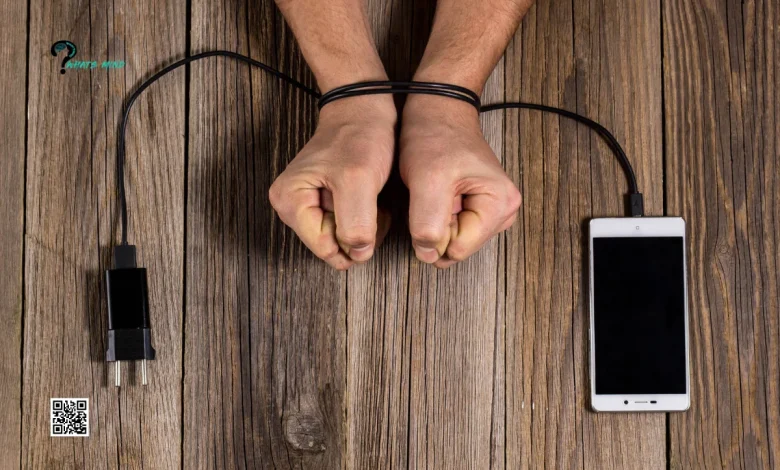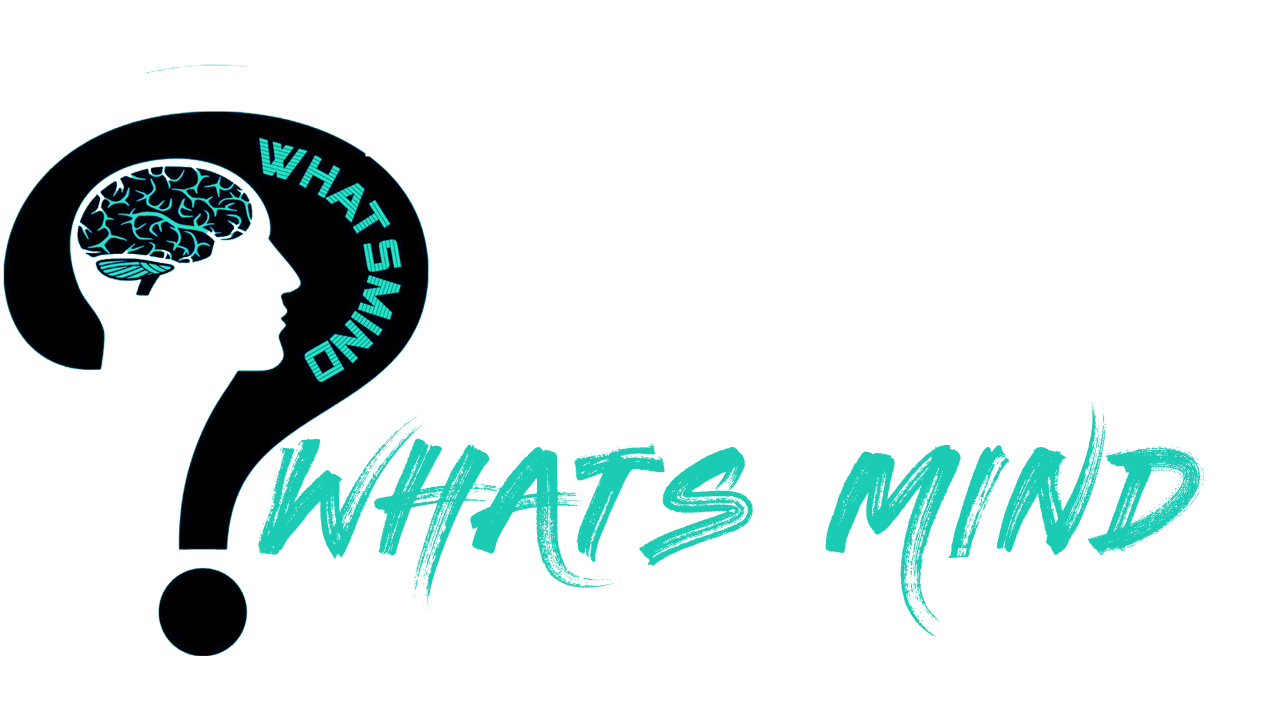How New Technology Is Helping Fight Online Addictions?

When we talk about online addictions, it’s typically in reference to substance abuse addictions. Throughout our lives, starting in our early school years, we’re warned of the potential addictive dangers of drugs and alcohol. While this is, without a doubt, an important message to convey, it neglects another category of addiction: behavioral addiction.
Behavioral addictions come in many forms, including video game, shopping, gambling, and social media addictions. This means that common online activities like playing the most popular casinos in the USA or scrolling through TikTok hold the potential to become harmful to our well-being.
Unfortunately, these types of addictions are already having detrimental effects on people in the US and around the world. It’s believed that 1-2% of Americans, roughly 2-4 million people, have a gambling disorder and that even more will experience problem gambling behaviors at some point in the future. And when it comes to social media addiction, that number jumps to an estimated 5-10% of Americans, or about 16-33 million people.
Naturally, these stats have prompted addiction experts or those in recovery to seek out new opportunities to prevent and treat these types of addictions to help others struggling or at risk. One of these new opportunities is found in the development of AI.
Table of Contents
AI in Preventing & Treating Online Addictions
AI also holds the potential to make a substantial difference in preventing and managing online addictive behaviors. Currently, AI is being used in New Jersey and across countries in Europe and Asia to track and address problem gambling behaviors at online casinos and sportsbooks.
Some health experts and researchers even believe AI will help to develop highly personalized and detailed treatment plans since it can assess various data sets (like family history, patient history, and existing treatment options) in a streamlined and effective way. For now, however, AI’s use in fighting online gambling addictions works following these three steps.
1. Tracking User Habits
AI software can integrate with an online casino’s system and uses data from existing research on gambling behavior, how the brain works, and other relevant information to track a user’s gambling habits and develop a baseline assessment of the user’s risk for problem gambling.
2. Flagging Changes in User Behavior
The AI system will continue to monitor user behavior and flag any changes that indicate an increased risk for problem gambling. This will also alert the casino operator to the concerns about the user.

Some changes that would be concerning can include placing higher bets, making higher deposits, or increasing the amount of time playing games. AI options like the Mindway AI GameScanner use a scoring system for different behaviors associated with problem gambling to determine if someone has progressed from low risk to medium or high risk.
3. Checking in on the User
Once the casino operator is alerted to the concern, they or the AI system will check in on flagged users with messages and notifications to make sure they’re okay.
Other Technologies Fighting Addictions
While AI is the shiny new tech on the block, there are some already existing tools available through our various devices to help us curb and limit addictive tendencies.
Website & App Blockers
Website and app blockers are similar in nature to parental controls, as they prevent access to specific content online. These tools prevent, or at least slow down, how we access websites or apps that fuel our impulsive tendencies or addictive behaviors. These apps allow you to create a custom list of websites or apps or to entirely block specific websites or app types.
For example, BlockSite and AppBlock allow you to block specific websites or apps of your choosing. In contrast, Gamban blocks any online platform connected to gambling. While there are ways around blockers like these, they help pause a compulsive behavior in the moment, giving users a chance to pause and step away. And, sometimes, that can make all the difference.
Device & Account Settings
Most smartphones and many social media apps also offer a host of features and capabilities in their settings to help users shape a healthier relationship with their devices or apps. These features include setting time limits for specific apps or pausing notifications for set periods.
In phones, users will also find statistics about how much time they spend on their phones and using specific apps or websites, providing objective insight into their habits.

When it comes to online gambling, operators often provide users with problem gambling tools that can be set up as soon as they create an account. These tools include self-exclusion periods, deposit limits, and timers.
Regulatory Changes Are Still Needed
AI has shown a great deal of potential in being more proactive about addressing addictive behaviors, but it isn’t a perfect solution. Many feel that companies can do more to reduce the addictive nature of social media platforms or video games. Increasingly, the discussion around advertising for things like online casinos or video games is being criticized and met with calls for stricter regulations.
Final Note: Seeking Support Outside of Technology
While all the tech tools mentioned here can help manage or identify addictive behaviors, they aren’t designed to treat addictions. Instead, most treatments exist outside of technology (except perhaps for virtual therapy) and rely on in-person support and meeting with a health professional like a doctor or psychologist.
Activities such as going to therapy or attending support groups are some of the most common treatments for addictive behaviors. Sometimes, symptoms of addiction, such as depression or anxiety, may also be helped with medications.
If you find yourself or a loved one struggling with online behavioral addiction, one of the simplest things you can do is contact an addiction hotline, which can help you find the tools you need to move forward.
You may like to read about the following:
- Social Media Popularity Among Casino Fans and Influencers’ Trend-Shaping Role
- Uses for Blockchain Technology That You May Not Have Considered
- What is Casino Streaming, And Is It Legit?
For more information, visit Whatsmind.com




